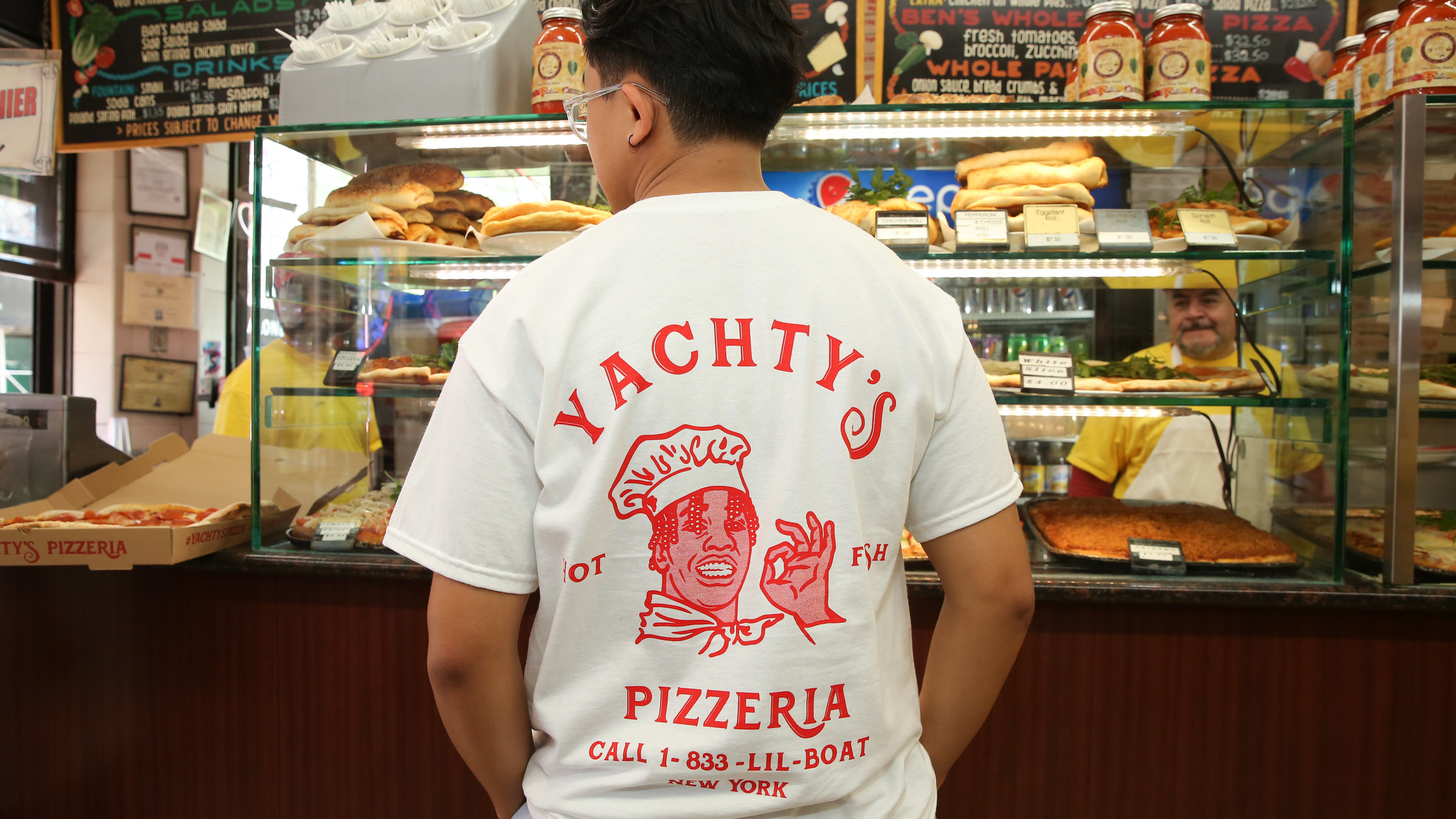Why The Dining World Is Obsessed With Pop-Up Restaurants
Are we marching toward a future where chefs don't have any interest in opening a reliable neighborhood restaurant? That's the melancholy mood of Ryan Bradley's GQ piece examining the explosion of pop-up restaurants and other temporary dining experiences. As hipster foodies chase the next pop-up or the next ephemeral food truck, they risk devaluing the longer running, tried-and-true restaurants that cities are built on.
Unlike a favorite restaurant that you return to again and again, pop-ups and chefs' residencies and one-night-only events are, at their core, not really about the food at all. "After a month of eating at pop-ups, I figured out only one conclusive thing about them: They are not so much about the food as they are about all the stuff around the food—how we eat, not what we're eating," Bradley writes.
So how did we get here? Bradley points to a perfect storm of Instagram, our collectively shortening attention spans, the rise of food trucks, and a post-recession focus on experiences over objects. The ability to say—or Instagram—that you were at a certain limited-time dining event now carries more cultural cachet than a table for two at Dorsia's.
This wave of transitory food experiences does, for now, seem to be something of a big-city phenomenon. But even in my town of Missoula, Montana—population 70,000 ish—I see pop-ups and temporary food trucks and guest chefs' nights that, no matter how good, won't be there for me to return to a week later. If you, too, want to make sense of this, read Ryan Bradley's full piece over at GQ.
